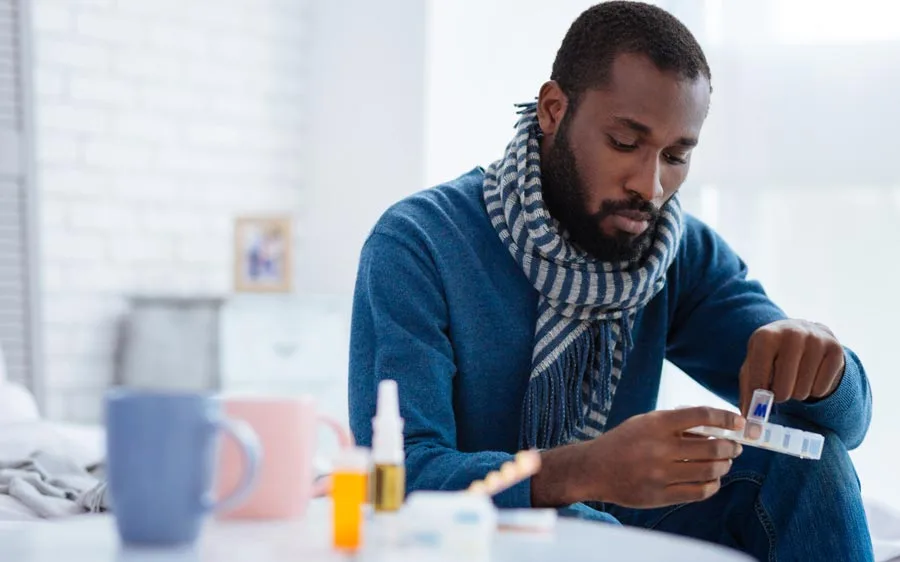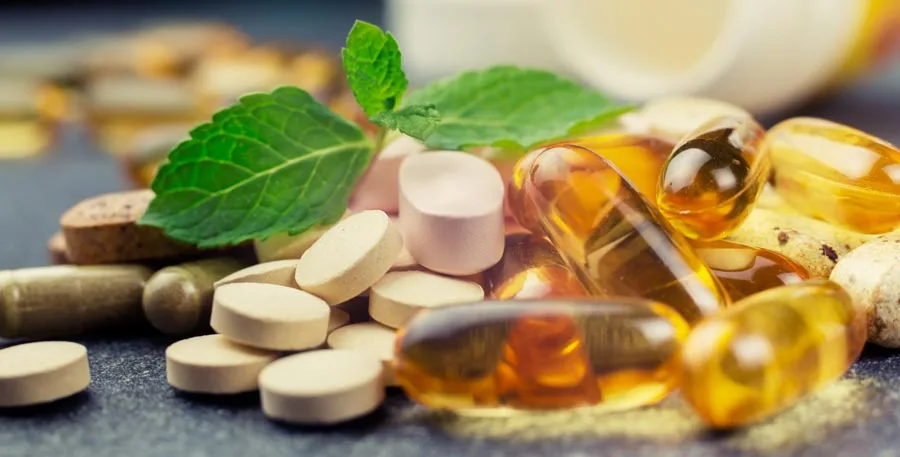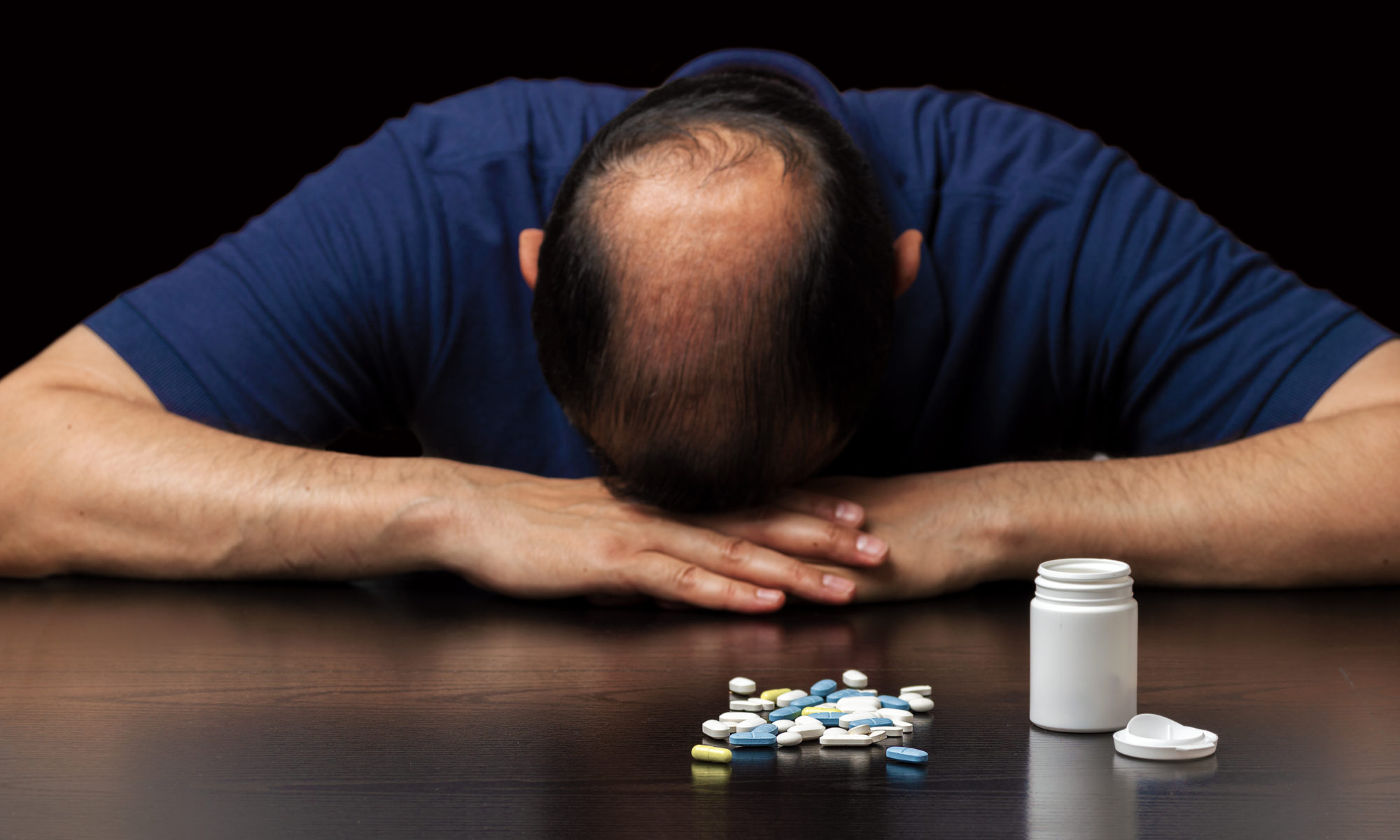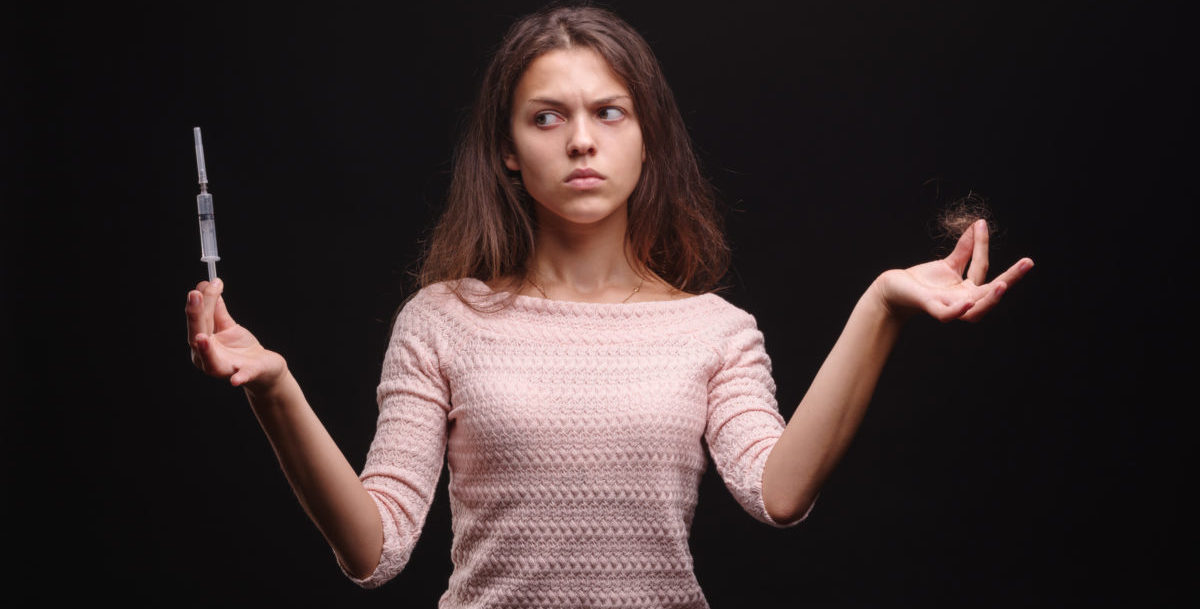Does Addiction Cause Vitamin Deficiencies?
It’s no secret that addiction can and will ravage your body and mind. I was on the brink of death when I showed up at Best Rehabs In Arizona. It couldn’t get any worse for me. I was very weak both physically and mentally. I didn’t think it would work. I didn’t have a lot of faith in myself.
The damage done to my mind and body made things more difficult. I was not in my right mind or in the right physical shape to be able to do much. Prolonged drug abuse does a lot of damage that we don’t see until it becomes obvious on the outside. These are things addicts don’t usually think about until they are in really bad shape. When using drugs and alcohol on a regular basis, your body does not absorb the nutrients we require to function properly.
Does Alcoholism Affect Vitamin Absorption?
I barely had to ask that question when I got to recovery. My alcoholism had done a lot of damage to my body. My vitamin deficiency was through the roof. The signs of malnutrition were all there. I was tired all the time. My skin looked pasty and white. My teeth and gums were severely damaged. My hair was thinning. I was a textbook example of malnutrition.
How do you address vitamin deficiency during addiction? There are so many other hurdles to overcome. Your vitamin intake is probably not going to be the top thing on your mind. Luckily for me, the folks at Best Rehabs In Arizonas put a big emphasis on nutrition therapy while I was going through recovery. They knew exactly how to address vitamin deficiency during addiction.
I always remembered being annoyed when my mother would tell me to take my vitamins as a kid. I would often forget, and I never thought it mattered whether I took them or not. Truth is, if I had the right diet I wouldn’t have needed to take vitamins. If you have a healthy diet you should be getting all the vitamins your body requires. Most people in this country don’t eat in a healthy way.
This is just one reason why there are so many types of vitamins out there. We are all looking for something to make us feel better. The vitamin industry has become noticeably larger over the years, and there are even stores solely focused on selling vitamins.
There are many types of vitamin deficiencies from drugs. If you are addicted to stimulants like cocaine or Adderall, you have a decreased appetite. Most addicts aren’t concerned about their physical appearance or their health. They will eat junk food because it is quicker and cheaper, and don’t care about nutrition therapy.
The only thing that matters in addiction is the next fix. Obviously, if you have a decreased appetite and all you eat is sugar and processed food, you are going to be vitamin deficient. It doesn’t take a doctor to realize that.
Give Your Recovery A Boost with Nutrition!

Boosting recovery through nutrition will get you in the right mindset that you need to be in. We aren’t good for much if we don’t have our heads on straight. People underestimate how much nutrition affects our brains and our thought patterns.
If you are eating healthy and getting the right vitamins, you will make better decisions and process things easier. You will achieve long-term health and success with the right vitamins. When it comes to recovery, there are specific vitamins and their effects are different.
Vitamin C and Vitamin D are a couple of the important ones you will want to get a lot of. A good dose of Vitamin D has been proven to be a big mood booster. We get vitamin D naturally from the sun. It’s a good idea if you live in a colder, darker part of the country to supplement your vitamin D during the winter.
Nutrient deficiency in addicts is one of the first things that a recovery center will notice and try to address. If you’re going to be set up for success in your recovery, it’s going to take every angle. The nutrition angle is probably more important than any.
Recommendations for Diet in Recovery
There are a lot of different recommendations for nutrition in recovery. As mentioned before, a healthy diet will help a lot. Physical activity is another natural way to help your mood and give your body a boost. There are many different supplements for recovery. Vitamin B and Thiamin are two of the big ones you’ll hear a lot about.
Foods like fish, pork, and grains are high in Vitamin B. Zinc and Magnesium are other vitamins that will typically be lacking in the body of an addict. Magnesium helps with muscle and nerve function while Zinc helps with your immune system. Typically most addicts have a ravaged immune system. Nothing like a little Zinc to get you back on track!
Issues with Diet for Recovering Addicts
There can be side effects of diet on recovery. Typically a dual diagnosis approach works best, which entails tackling all of your underlying issues at once. Your physical, mental and emotional issues all play a big part in why you are addicted.
We all know it’s hard to change your diet, so changing your diet in the middle of drug rehab can be very difficult.
This can unfortunately lead you to setbacks. When we change our diet and try to eat healthier, it can make us a little irritable at first. This irritability can play a part in the recovery process being halted altogether. It’s important to keep in mind that no part of this process is going to be easy. The entire recovery process is a fight you will have to put all your effort towards.
There is a direct relation to diet and mental health. If you eat better, you will eventually feel better. If your mind is firing on all cylinders, you will be better equipped to make good decisions.
This is what recovery is all about. You need to retrain your brain to make these better decisions when the time arises. The initial recovery process is basically a training process for how to deal with life’s later challenges without going back to substance abuse.
Join Others in Making Health a Priority

Every time I tell my story, it reminds me of how far I’ve come. I never tell my story without mentioning the people who have helped me along the way. My peers, my sponsors, the friends I’ve made, all of these people are just as important to my success as I am.
This gives me an opportunity to be thankful for what I’ve been blessed with. I also hope to instill in others the ability to think about the people who helped them. Addiction is not a solitary process all the way through. You get through it by hearing the stories of other people. These people and these stories will be what shapes your future in recovery.
It gives me more faith in people to know that there are so many kind souls out there who want to help others. It makes me want to help, and it makes me want to flip the switch on others that will make them want to do the same. We all have the power to heal ourselves and each other. It is my goal to be a bright spot in someone else’s darkness.
No matter how dark it gets, there is always light somewhere that can be shared. We all need a helping hand during such a sensitive process. We are all weak and realize that we need help. Some of us are in denial. Some of us go into rehab multiple times. Some of us recognize that it could be our last shot. There is so much to process during recovery, and it can all be very overwhelming.
Sharing is Caring When it Comes to Addiction
I talk about my addiction as if it’s a normal thing everyone else talks about. Like the way, people talk about the weather or their job. I just let it flow and try not to make a big deal out of it. I find that that approach puts people at ease. When you’re speaking to people with similar experiences, it’s easier to get them to open up.
The more people that we get to open up, the less uncomfortable the process becomes. And the more that we talk about it, the more we break the stigma of addiction.
Everyone’s process is different and is to be respected. You aren’t going to force your help on someone else. I make it a point to tell my story without telling anyone else’s. That’s a very important aspect that I feel is overlooked. You are only responsible for your recovery. I know I’m not going to help everyone. If I can help one person, then this entire process was well worth it.
Having the right people around to set you up for success is key. With the staff at Best Rehabs In Arizonas as your foundation for recovery, you will have a team of dedicated, experienced professionals on your side. Please don’t hesitate to reach out to us today, to start the foundation of a new life in recovery, healthy and happy in ways that you could never even dream of before.




